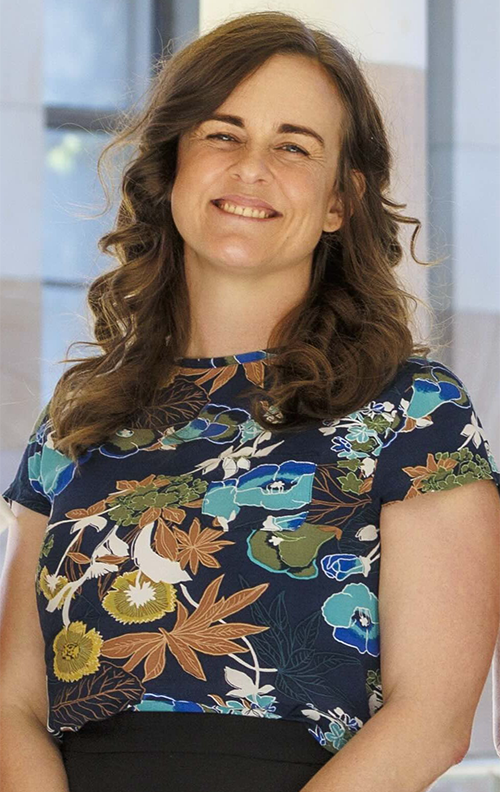Meet Dr Sarah Ball, lecturer in the School of Political Science and International Studies at The University of Queensland. She studies how public servants take new and innovative ideas and apply them to policy design and implementation, using ethnographic and interpretive approaches.

What inspired you to pursue your academic career in your field?
I was a public servant in Canberra, working in the Department of Social Services. I had become a bit frustrated with policy work and the sometimes incomprehensible decisions made by governments to pursue a particular approach. I decided to do a PhD on the barriers and facilitators to the use of evidence-based policy and it ended up being a lot more complex, and interesting, than I ever could have imagined! I originally had intended to go back to the public sector, but I found there was far too much more research to do to understand policy processes, so here I am.
Could you describe your current research project and its potential impact
I study how public servants take new and innovative ideas and apply them to policy design and implementation, using ethnographic and interpretive approaches. I have looked at areas as diverse as nudge and behavioural insights, the use of randomised controlled trials, co-design and now am starting a new research project in August exploring digital service design. I am interested in exploring how public servants understand digital instruments for service delivery and how these different levels of understanding shape how policies are designed and implemented. The broader impact is to build a better understanding of policy processes, and the barriers to ethical and effective service design. On a personal note, everyone has a story of a bad digital experience with government, so it should be a fun few years!
What is your favourite among your recent publications?
I had the opportunity to write a piece on administrative harm and its links to what is called ‘administrative evil’ with a colleague of mine, Dr Michael McGann from the University of Melbourne titled ‘Beyond administrative burden: Activation and administrative harm’. Evil is a contentious term that is often avoided in academic circles so it was very exciting to write something which engaged with the moral and ethical side of policy design and implementation and the impact it can have on people’s lives. It felt like an important, and in many ways, personal piece.
The desire to help the public sector deliver ethical and effective services is a major motivation of mine, driven in large part by my own experiences both as a public servant but also as someone who relied heavily on public services early in my life.
What are you looking forward to most in your new role at POLSIS?
It is such a pleasure to be working at POLSIS and UQ. I did my PhD at UQ but at the Institute of Social Science Research so its been quite a new experience to be at St Lucia and enjoying all the perks of main campus. I was also very excited to be working alongside such wonderful colleagues, and to meet the three other lecturers hired in the same round as myself. Its not often there is a whole cohort of newbies! Other than that, the regular morning teas, weekly seminars during semester and general, relaxed, sunshine-y energy of Queensland has been a breath of fresh (if somewhat humid) air.
What's your favourite part of the UQ campus?
Look, lakes, nature everywhere, the fairy lights in the trees at night? All amazing. But at the end of the day, can you ever beat a library? They’ve always been my favourite places. The Law library is my favourite overall, but even Central has some cosy spots. I may have an office, but Ill always do my best work in a library.
